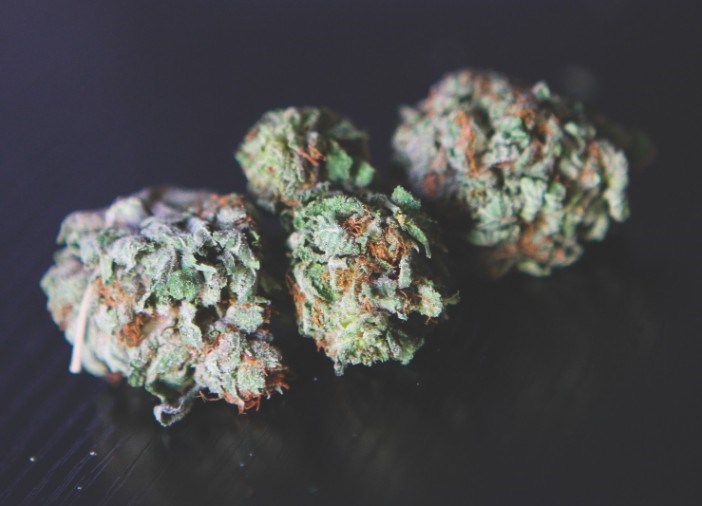BANFF – Bow Valley Addiction and Mental Health is calling on the Town of Canmore to follow Banff’s lead and ban public smoking and vaping of cannabis once recreational pot becomes legal in Canada Oct. 17.
At a recent public hearing before Banff council, the group praised Banff’s cautious health care approach to consumption and its proposed municipal bylaw setting the legislative framework for pot retail stores in the tourist town.
Kristin Spangenberg, addiction counsellor with Bow Valley Addiction and Mental Health, said Banff’s consumption bylaw, which only allows smoking and vaping in private residences, is consistent with every other jurisdiction where cannabis is legalized.
“Any community that allows public consumption at this stage becomes a huge sociological experiment and further risks becoming a pot tourism destination,” said Spangenberg.
“We hope that the Town of Canmore will follow the Town of Banff’s lead in terms of not allowing public consumption,” she said, noting this helps protect children and adolescents from three different risks: access, exposure and re-normalization of smoking.
Alberta regulations allow cannabis consumption in private homes and in some public places where smoking and vaping of tobacco is allowed. Use will be banned in cars, in areas frequented by children, from hospitals and school properties, and from any place where smoking and vaping tobacco is restricted.
Municipal governments have the ability to further regulate where cannabis can be consumed. Canmore is still in the process of determining how public consumption of cannabis will be regulated.
At a meeting in mid-August, some councillors expressed concerns about increasing restrictions beyond what is currently included in provincial legislation, while others said they’d prefer to take a wait-and see approach.
Councillor Joanna McCallum said she has concerns over how increased restrictions through a municipal bylaw would affect renters, who could be prohibited from smoking or vaping by their landlords.
“The law could potentially treat renters like second class citizens because they rent and do not own,” she said.
Meanwhile, Bow Valley Addiction and Mental Health is encouraging Banff to do the same as Canmore has by restricting hours of operation of pot retail stores beyond provincial regulations – making it 10 a.m. to 10 p.m. instead of 10 a.m. to 2 a.m.
Spangenberg said international research shows alcohol availability demonstrates that longer hours of sales increases consumption and rates of alcohol-related harms.
“By staggering closing hours between cannabis retailers and liquor retailers, we hope to reduce the risk of co-using alcohol and cannabis together, because it exponentially amplifies impairment,” she said.
“This could further spread out the burden of managing public intoxication and impaired driving for law enforcement.”
Dave Michaels, a development planner with the Town of Banff, said council has the authority to further restrict hours of operation.
“Probably the more suitable way to do this is in the business licence bylaw if council wanted to restrict those hours above and beyond,” he said.
Spangenberg said a public health approach to cannabis supports the delicate balance between two extremes of total prohibition and a free market.
She said the Bow Valley’s addiction and mental health program serves about 900 people every year, adding in the five-year period from 2011-1016, 323 patients who started addiction counselling acknowledged they had used cannabis in the previous year.
“Of these, 95 people, or 29 per cent of cannabis users, self-identified that their cannabis use had been a concern for them in the past 12 months,” said Spangenberg.
“I’d like to point out that we are unlikely to hear from those that most need our support in these public hearings.”




